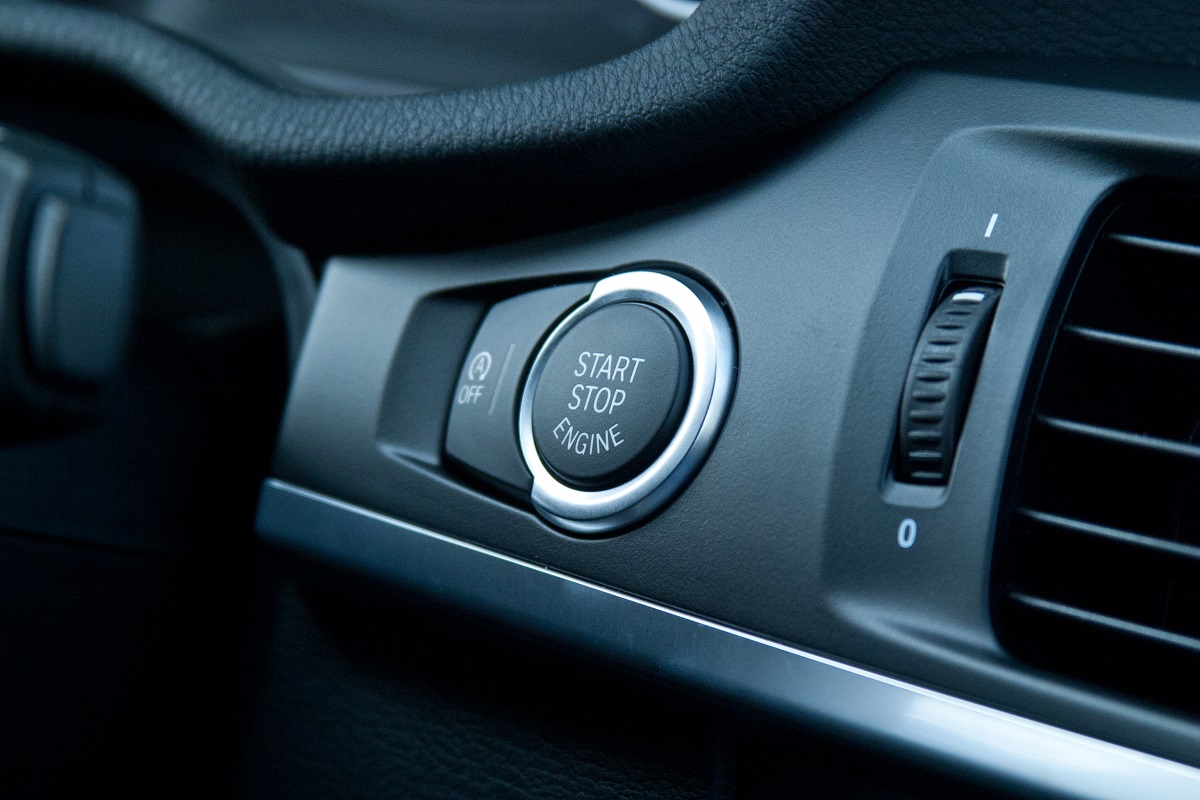Every year, about 300 different car models and brands go to sale. That seems overwhelming for many, but there’s a nice little formula that you can use when choosing what type of vehicle to buy: the price. Eliminate every car model above what you can afford. If you have a budget of about $25,000 to $35,000, that means no high-end German cars. And yes, forget about sports cars that you can take up to Malibu or the French Riviera. We’re talking about practical everyday cars here.
Look at the price point. Whether it’s made by another manufacturer or Subaru, the maintenance schedule will matter, too. All cars need to be maintained on schedule. That assures the longevity of the engine and its parts. So if you’re not ready to bring your car to a mechanic every time you hit the required mileage, forget about owning one. You need to be a responsible car owner for yourself and the cars on the road with you.
Lifestyle
First, consider your lifestyle. Do you do off-road activities? Do you drive in the city? Where are you going to use the car? For off-the-road adventures? For work? Check the fuel prices in your area. You can’t very well buy a fuel-guzzling car if the fuel prices are high in your state. You can also check if there will be price subsidies if you buy an eco-friendly car.
If you have a large family and have a budget for only one car, consider going for a minivan. You can take this to drop your child off in school. You can take it to work with you. During weekends, you can accommodate everyone to go to the beach or have a picnic in a park. Your choice of vehicle depends on how you are going to use it.
Affordability
 They say that your car mortgage should be only 10% of your net income a month. If you’re earning $2,000, you should be paying only $200 a month for your car mortgage. You get the deal. But in many instances, this isn’t always possible. You can go up to 20% of your net income, provided that you are willing to tighten the belt in some aspects of your daily living, such as eating out and shopping regularly.
They say that your car mortgage should be only 10% of your net income a month. If you’re earning $2,000, you should be paying only $200 a month for your car mortgage. You get the deal. But in many instances, this isn’t always possible. You can go up to 20% of your net income, provided that you are willing to tighten the belt in some aspects of your daily living, such as eating out and shopping regularly.
Your car’s maintenance requirements should also be a major consideration. Choose a car that will have minimal maintenance needs. This saves you a lot of money in the long run. Instead of bringing your car regularly to the mechanic, you can save that money for the mortgage payment or future repair needs.
Quality
By now, you should have read religiously about the reputation in terms of the quality of these different car manufacturers. Read reviews. Watch YouTube videos. Quality refers to the workmanship of the car, as well as its accessories and components. Are they durable? Who makes the car parts? Does the car have important features such as safety equipment, reverse-parking assistance, and adaptive cruise control?
Newer cars are likely to experience more problems. Try not to buy newer car models. Instead, wait for the second year of production. You’ll experience fewer problems.
There isn’t a perfect answer to which car you should buy. Sometimes, you also have to trust your instincts. Read up as much as you can and look at every angle before making your decision.




